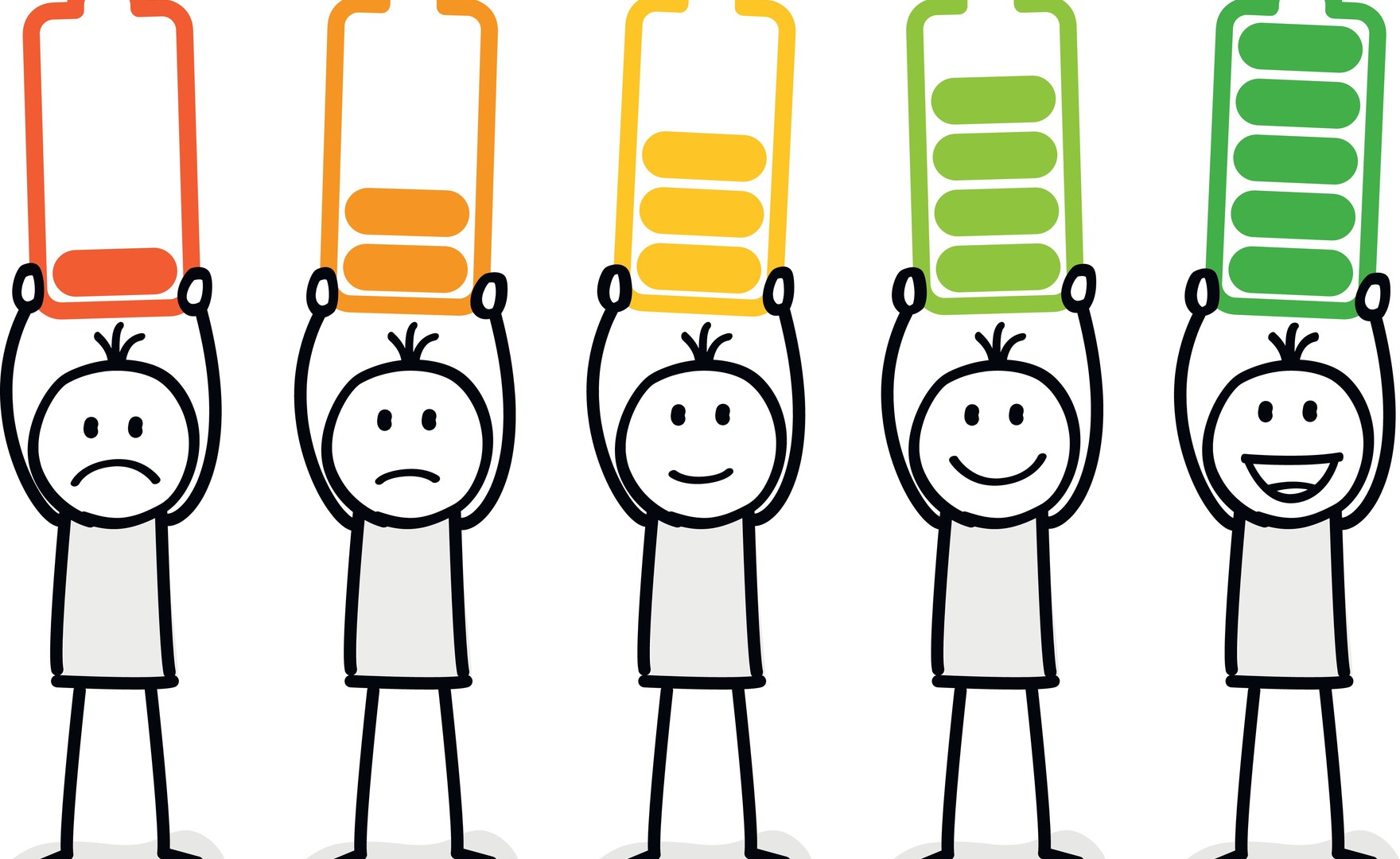The AoEC’s consultancy services are offered to organisations and feature a portfolio of tailored coaching based solutions and products that can serve to address a multitude of issues facing both large and small businesses today.
Revitalise your workplace – energy assessments and coaching combo
22nd April by Lee Robertson
Reading time 2 minutes

Speed and productivity are key in today’s workplace, but could HR professionals make more use of tools such as energy assessments and coaching to better support their employees’ wellbeing and performance?
Understanding energy assessments
Energy assessments can help HR professionals understand how employees are feeling and performing and are designed to evaluate various dimensions of employee energy, including physical, emotional and cognitive aspects. They typically involve surveys, interviews or specialised software platforms that can gauge factors including workload, stress levels, engagement and overall vitality. By capturing data on varied factors of energy, HR professionals can see what is working well as well as gain a holistic understanding of employee wellbeing and performance drivers.
The benefits for HR practitioners
For those working in the HR function, energy assessments can serve as a useful diagnostic tool and offer actionable insights into workforce dynamics and organisational culture. Analysis of these data sets can help HR identify trends, pinpoint areas of concern and tailor interventions to address specific needs. This is a proactive approach which can enable HR professionals to have a clearer picture of workforce dynamics so they can anticipate issues before they escalate and can help with more effective resource allocation and talent management strategies.
In addition, such assessments can help facilitate evidence-based decision-making with an HR department. By quantifying subjective experiences such as employee engagement, these assessments can provide HRs with metrics that can be tracked for progress over time and measure the impact of any interventions put in place.
Supporting employee performance
From the employee’s perspective, energy assessments can provide valuable insights into personal wellbeing and performance. By participating in the assessment process, workers can gain a deeper understanding of their energy levels, stress triggers and areas for improvement. Armed with this greater self-awareness, employees can take proactive steps to manage their energy levels more effectively, leading to enhanced resilience and productivity in the workplace.
Moreover, energy assessments can facilitate targeted interventions to support employee wellbeing and performance. Through personalised coaching sessions, individuals can receive support with stress management techniques, work-life balance challenges and goal setting exercises. This one-on-one support can empower employees to overcome challenges they are facing as well as help leverage their strengths and enable them to thrive in their roles.
The role of coaching
Coaching can play a leading role in helping to maximise the impact of energy assessments within organisations. Coaches can help capitalise on the insights gained from the assessment process and the coaching approach can be tailored to the personal needs of individuals. Whether addressing performance bottlenecks, navigating career transitions or fostering leadership development, coaches or specialist resilience coach practitioners can provide invaluable support to employees at all levels.
Coaching also serves as a catalyst for sustainable behaviour change. By setting SMART (Specific, Measurable, Achievable, Relevant, Time-bound) goals, coaches can help workers translate insights from their own energy assessments into manageable actionable steps. This structured approach helps promote continuous growth and development and helps the employee to unlock their full potential so they can thrive both at work and at home.
To date, energy has been an overlooked aspect of how employees are performing. But in a working environment which is increasingly fed by greater complexity and higher demands and characterised by high rates of stress and burnout, it offers a powerful source of data that can help you to sustain your workforce’s resilience, motivation and productivity.
Article
Managing discussions in leadership teams: how team coaching enhances effectiveness
25th March 2025 by Lee Robertson
Effective discussions are the foundation of a high-performing leadership team. When senior leaders come together, their conversations shape decisions, drive…
Article
Why leadership teams fail
26th March 2025 by John Hill
Being invited to write about why leadership teams fail has sparked more reflection than I expected. What does it mean…
Article
B Corps and employee engagement: why coaching could be the missing link
18th March 2025 by Lee Robertson
B Corp certification has rapidly become a hallmark of businesses committed to balancing profit with purpose. However, achieving certification is…